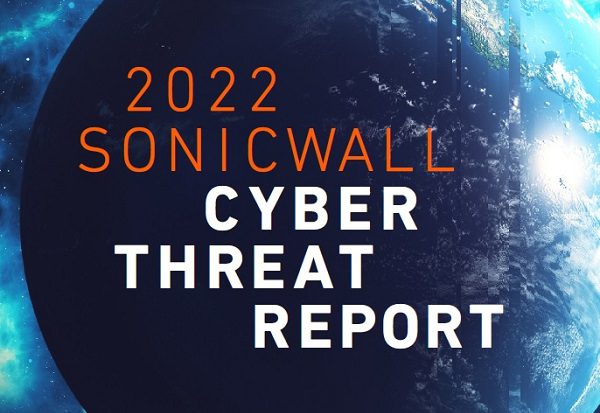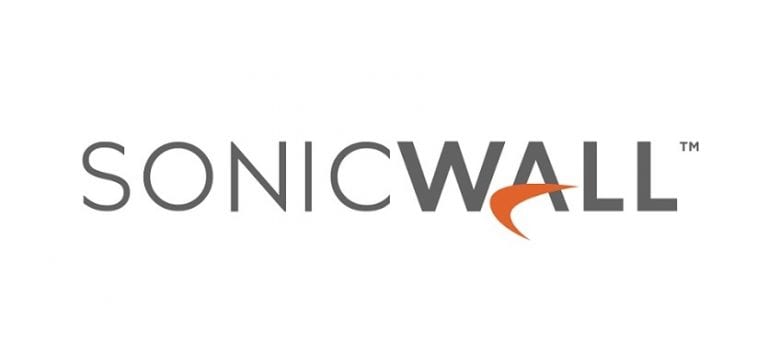As the world continued to grapple with the challenges of 2020, such as the ongoing COVID-19 pandemic, 2021 brought its own set of new challenges. Supply-chain woes in 2021 affected everything from healthcare, the automotive industry and cybersecurity to travel, retail and the food supply.
The growing pains of the new work reality were evident as companies opting for a permanent shift to fully remote work often found their networks, employees and processes unprepared for the change. Many businesses that stayed with the traditional work model continued to make arrangements for employees to return to the office, only to find time and again that the pandemic had other plans.
Cybersecurity faced its own set of increased challenges in 2021. The year was bookended by two major incidents: the SolarWinds attack in December 2020 and the Log4j vulnerabilities in 2021. In between, ransomware rose dramatically, far surpassing the levels we found alarming in 2020. Most other attack types showed increases as well, including overall malware, which had been on a downward slide for years.
But while some may see these challenges and default to pessimism, doing so requires an impossibly narrow view of the preceding year — one which doesn’t stand up to scrutiny. When I look back on 2021, I’m amazed at what was accomplished. SonicWall made key engineering and manufacturing changes, ensuring our partners and end users were largely unimpacted by supply-chain disruptions. We also completed the Gen 7 refresh of our next-generation firewalls, making our platform stronger, easier to use and more reliable, and unifying our portfolio across hardware, software and cloud.
Businesses outside of cybersecurity also doubled their efforts to fight cybercrime. From mid-2020 to 2021, the number of CEOs who said cybersecurity risks were the biggest threat to short-term growth nearly doubled, and corporate boards are increasingly forming cybersecurity committees…
BILL CONNER
PRESIDENT & CEO, SONICWALL


